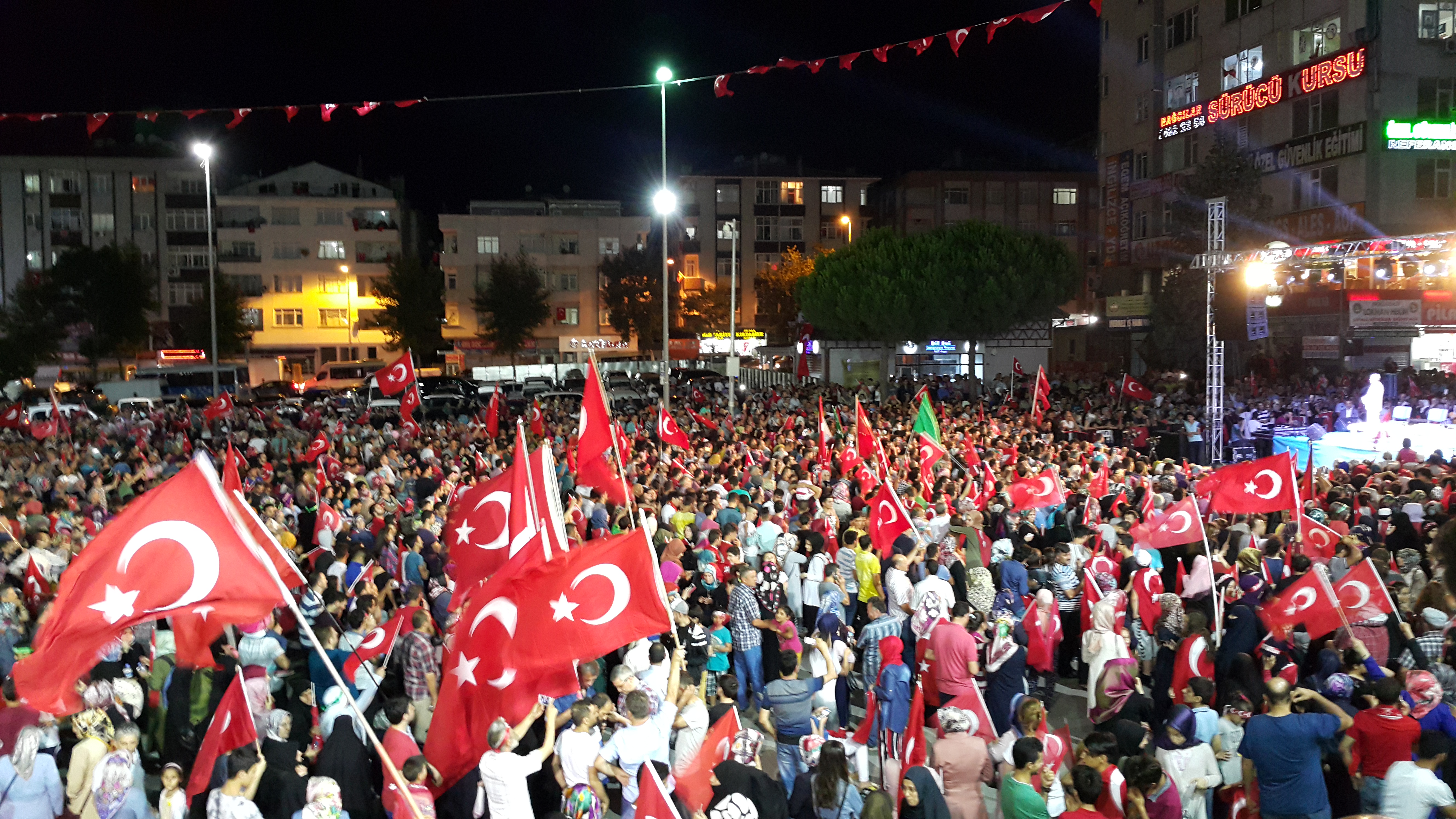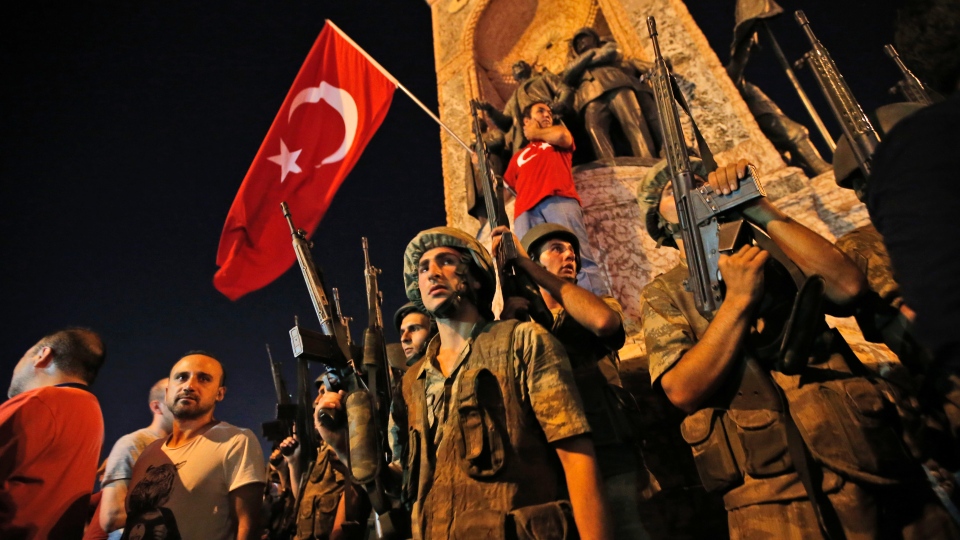
You can view this story in its entirety with an online subscription to the New York Review of Books.
The modern state of Turkey has known three coups in which its military forces took power, in 1960, 1971, and 1980. In addition there was the coup of 1997, when the generals sat down with an Islamist prime minister, Necmettin Erbakan, and forced him to resign, making way for a secularist successor. These interventions were designed to protect the secular, European identity of the republic that was established by Mustafa Kemal Atatürk in 1923 from the perils of Islamism, communism, and political violence. They were all animated by an ideology known as Kemalism and they were all followed by repression. Kemalism espoused the principles of "republicanism, statism (in economic policy), populism, laicism, nationalism, and reformism," which did not exclude authoritarian measures to maintain the government's power. The 1960 coup led to the execution of the deposed prime minister, Adnan Menderes, and the 1980 coup to imprisonment and torture on a grand scale. After each intervention democracy was suspended and the leaders of Turkey's political parties tried to figure out how to avoid the next one.
The coup that some Turkish officers launched on the evening of July 15 differed from these earlier interventions—aside from the obvious fact that it failed. It was the indirect result of a purge of secular-minded Kemalist officers that has taken place within the military over the past decade or so, and their replacement by Islamists. The coup on July 15 seems to have been the first in Turkey aimed at promoting an Islamist ideology. The plotters were said by the government and by many others to have acted in the name of Fethullah Gülen, an Islamic preacher and educator who, while living in exile in Pennsylvania, has carefully distinguished himself from other Islamists by his pro-Western, ecumenical message, which has been disseminated through many schools and colleges in Turkey and elsewhere, and in a variety of publications. The target of the plotters was President Recep Tayyip Erdoğan and the Justice and Development Party (AKP) government he served as prime minister between 2003 and 2014—and which he continues to dominate almost completely.
Erdoğan and his AKP are Islamists also. They formed an alliance with the Gülenists in the late 2000s and the beginning of this decade and drove many Kemalists out of the military and other institutions. In 2013 Gülen broke with Erdoğan. Having largely achieved their aim, Turkey's two dominant Islamist groups turned on each other in a vicious struggle over state patronage and control of education and much of the private sector. Many of the Gülenists were driven by religious conviction.





